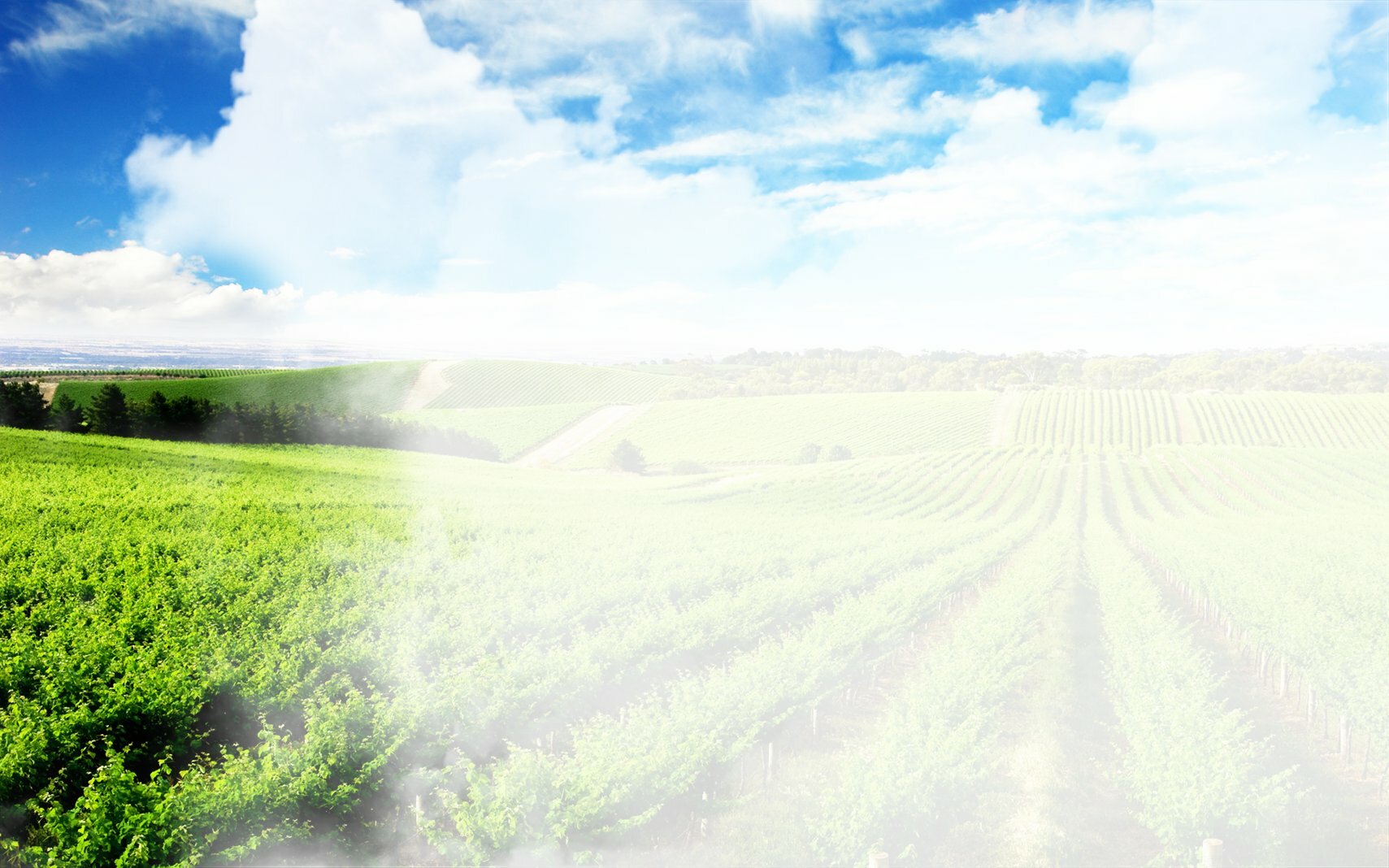
Products

Heavily distorted by massive subsidies in the largest producing countries (mainly USA and China), the cotton market is a tricky one for small-scale producers living in the South. Low prices, lack of environmental regulations and weak labour standards have pushed millions of African and Asian cotton farmers to the edge of poverty. Many West African countries, where cotton is mainly grown on small-scale farms, heavily depend on cotton production and export – but the farmers aren’t reaping the benefits they deserve.
FAIRTRADE certified cotton means that producers not only receive an agreed minimum price that covers their cost of sustainable production, but also a Fairtrade Premium of €50 for every ton of cotton they sell. Small-scale farmers can then spend this additional premium in social, environmental and economic projects – such as investing in schooling, health and production inputs. It is also very important to note that Fairtrade prohibits any Genetically Modified (GM) seeds in the cultivation of Fairtrade cotton.
There are 58,500 Fairtrade certified small-scale cotton farmers in the world, 13% of them are female farmers. In the 2009-2010 season, they received an estimated €1,181,000 in Fairtrade Premium to spend in social and economic projects for the benefit of the greater community. For more information about global cotton trade and our recommendations for a fairer trading system, download he paper The Great Cotton Stitch Up from our Research & Literature section.
Fairtrade cotton products available in South Africa:
PUMA Wilderness Collection
By: Puma
Available at: Due South Stores

